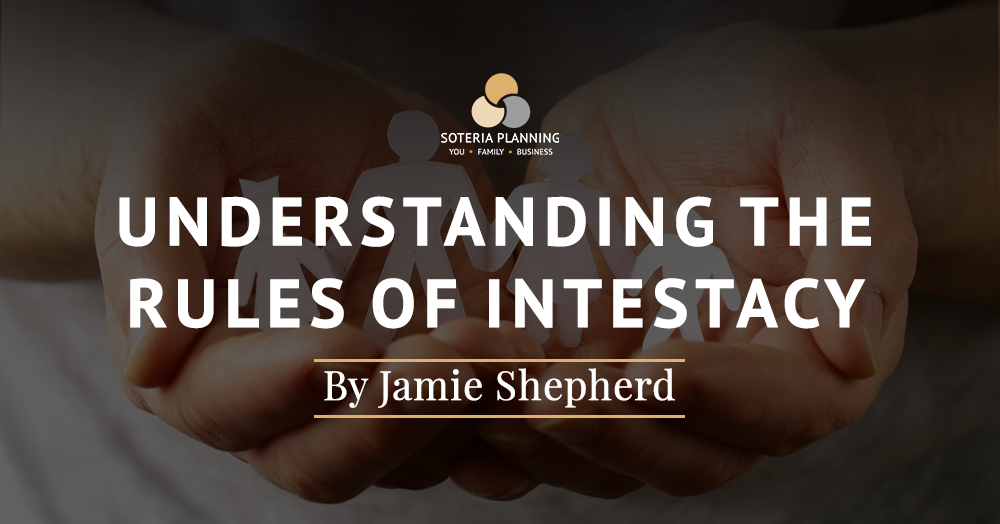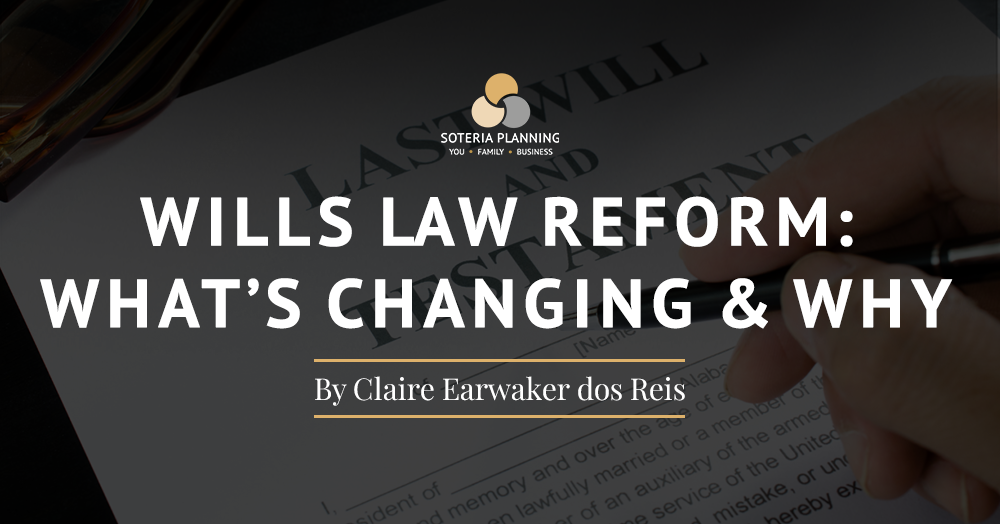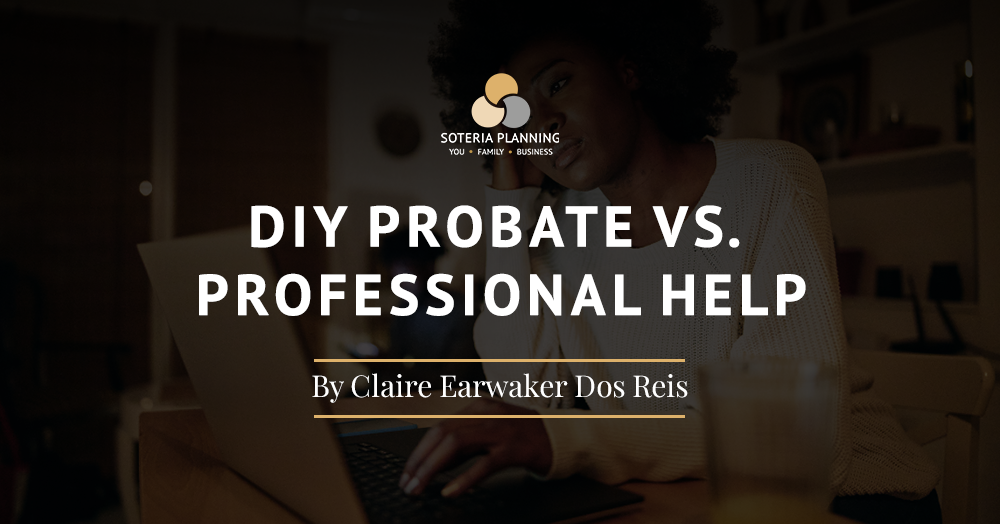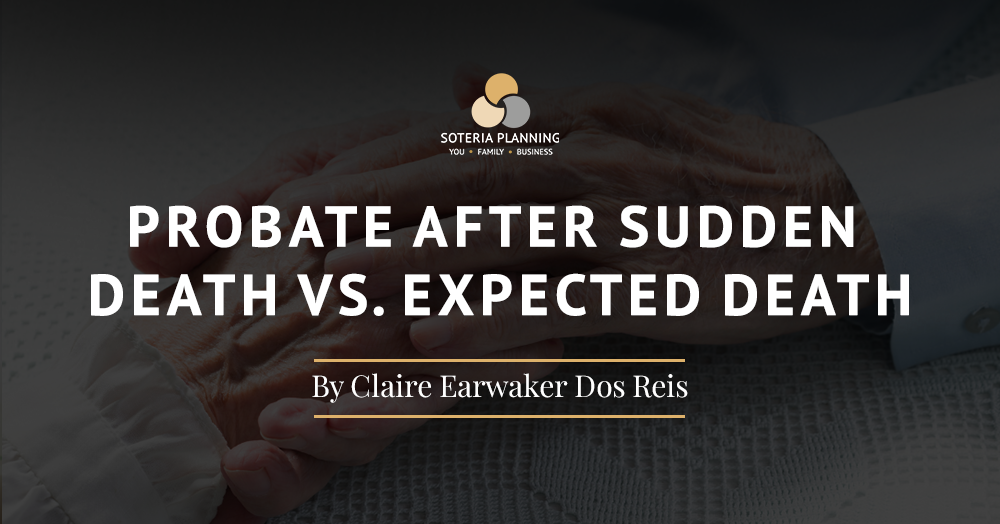At Soteria Planning, we recognise that estate planning is crucial to ensuring your wishes are fulfilled after you pass away. However, without a valid will in place, your estate will be subject to the Rules of Intestacy, which dictate how your assets will be distributed.
Who Inherits Under Intestacy?
The Rules of Intestacy apply when someone dies without leaving a valid will. In these cases, the estate is divided among surviving relatives in a set order of priority:
- Married Partners or Civil Partners: In the UK, if you are married or in a civil partnership, your spouse or civil partner will inherit a significant portion of your estate.
- Children: If you have children, they will inherit the remainder after your partner's share, divided equally among them.
- Other Relatives: If there is no surviving spouse or children, the estate may pass to parents, siblings, or even distant relatives.
What Happens if There Are No Close Relatives?
If you have no surviving family members, your entire estate will go to the Crown (the government). This is often referred to as “bona vacantia.” At Soteria Planning, we always recommend creating a valid will to ensure your assets go to the people and causes you care about.
Exclusions from Intestacy
It's important to note that under the Rules of Intestacy, certain individuals will not inherit, even if they were close to you:
- Unmarried Partners: If you are not legally married or in a civil partnership, your partner will not automatically inherit anything, no matter how long you’ve lived together.
- Stepchildren: Only biological or legally adopted children are included under intestacy rules.
Why Intestacy Can Lead to Disputes
When someone dies without a will, it often leads to disagreements among family members, particularly if some are excluded under the Rules of Intestacy. This is why having a well-structured estate plan in place is so important—it ensures your wishes are clear and legally enforceable.
How to Avoid Intestacy
The simplest way to avoid intestacy is to draft a valid will. By doing this, you can ensure that your estate is distributed according to your wishes, whether that includes providing for loved ones, supporting charitable causes, or ensuring specific items go to particular people.
Communicating Your Wishes
As with all estate planning, it's important to communicate your intentions to your loved ones and those involved in executing your estate. Clear communication helps to avoid misunderstandings and reduces the risk of disputes later.
Avoiding intestacy ensures that your assets are distributed according to your wishes, not dictated by default legal rules. Book a meeting with one of our advisors today to create a well-structured plan that protects your family and assets. For more insights into estate planning, read our other blogs to stay informed and make the best decisions for your future.






Share this with
Email
Facebook
Messenger
Twitter
Pinterest
LinkedIn
Copy this link